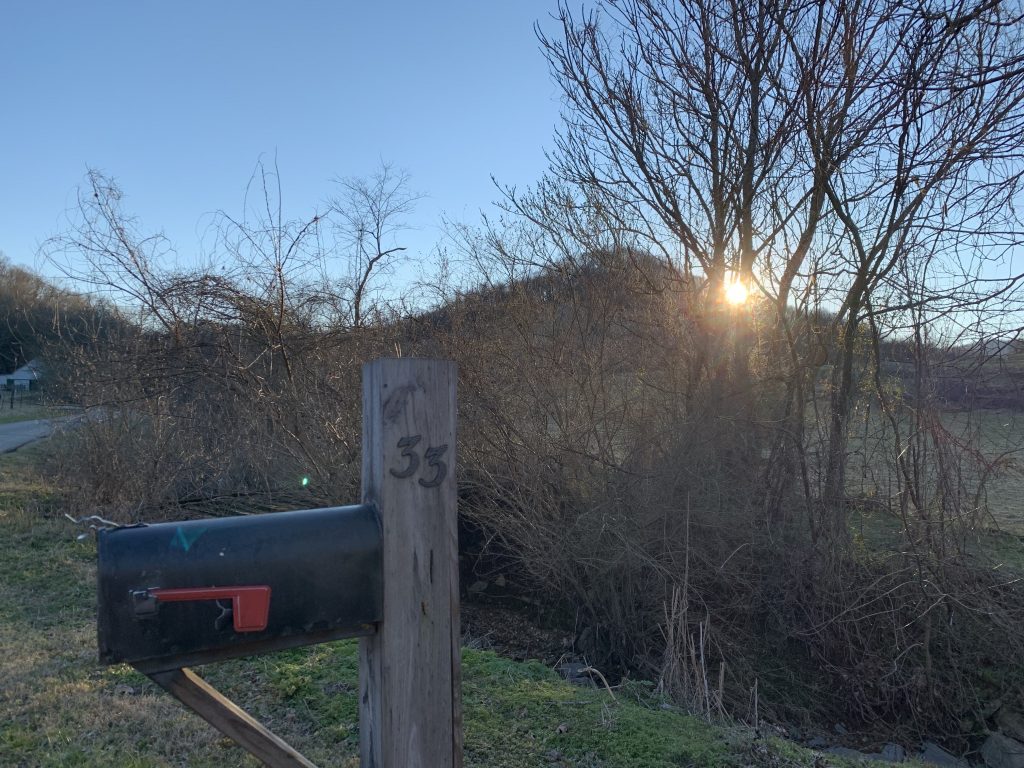From Watching the Election from The Post-Truth Future:
In China, that foundation of reality is eroded alongside trust in institutions previously tasked with upholding the truth. Contrary to popular sentiment in the US, Chinese readers don’t blindly trust the state-run media. Rather, they distrust it so much that they don’t trust any form of media, instead putting their faith in what their friends and family tell them. No institution is trusted enough to act as a definitive fact-checker, and so it’s easy for misinformation to proliferate unchecked.
>
> This has been China’s story for decades. In 2016, it is starting to be the US’ story as well.
For me, my mistrust of the media started with getting angry about what the news media chooses to cover. Things that, in the grand scheme of things, make no sense based on who is covering it. Why does the local newscast get something I know a thing or two about completely wrong? Why should a nationwide newscast spend any time on what new things are being added to the McDonalds menu? Why are celebrities discussed on anything other than TMZ or Entertainment Tonight? How come no one covers anything other than “fluff” pieces for GE, Disney, Comcast, or Viacom?
The media is bought and paid for pretty much everywhere in the world. In China, it’s obviously the government as media is state-run. In the US, it’s the owners of the major TV networks (NBC = Comcast + GE, ABC = Disney, CBS = Viacom) and the underwriters, sponsors, advertisers, call them whatever you’d like. Coverage of stories (or not) is dictated by those paying for airtime. Ever wonder why the national nightly news casts never cover drug-related issues, or even broach questions about whether drugs are involved in the latest gun-related incident? See all the pharmaceutical ads between the native ads for McDonalds that run as actual news stories.
At least I have some idea what’s going on thanks to No Agenda, which I discovered more than eight years ago. I’ve learned how the media works and the games they play. And I’ve learned: it’s a scam, but it’s an important signal about at least one of the potential narratives in play. The truth is out there to find if you’re willing to look for it. Just be careful of confirmation bias, which is also out there.

Leave a Reply